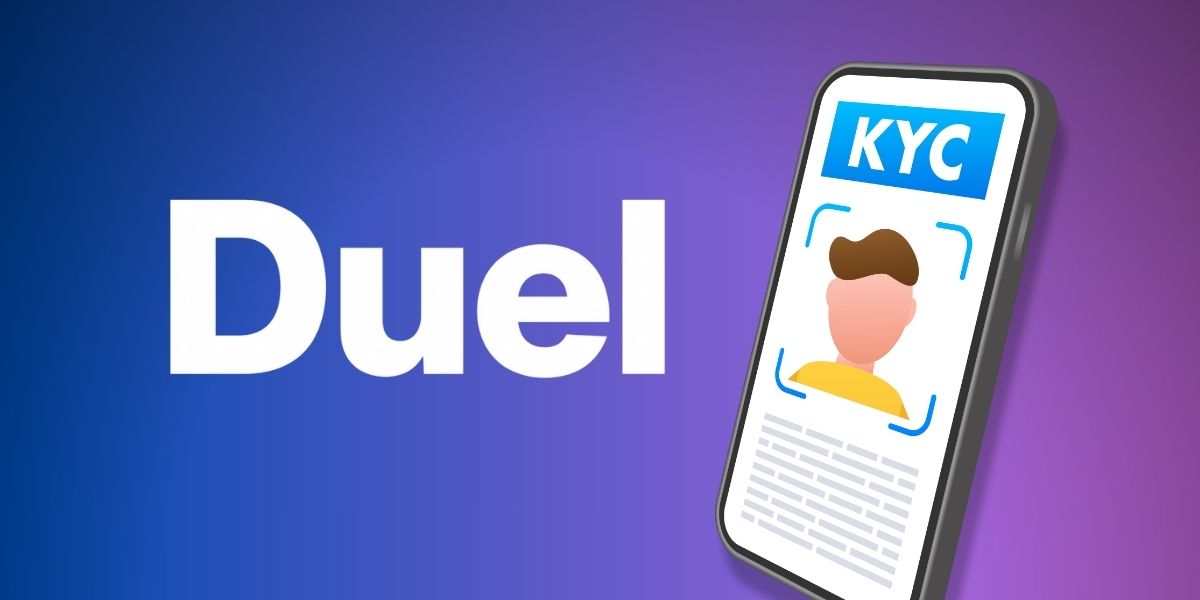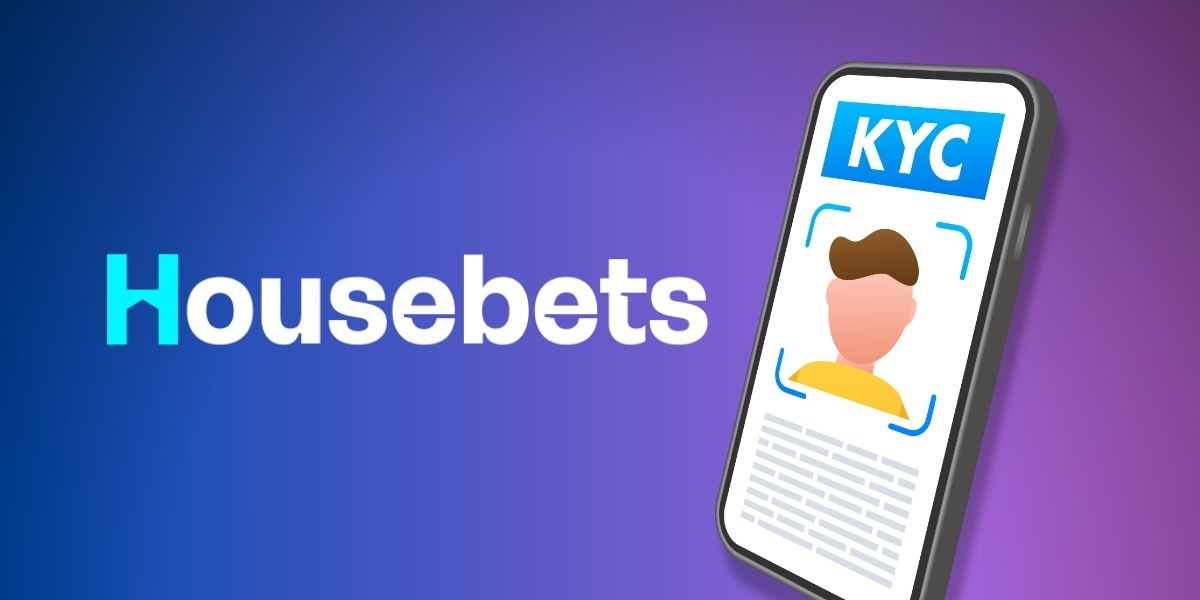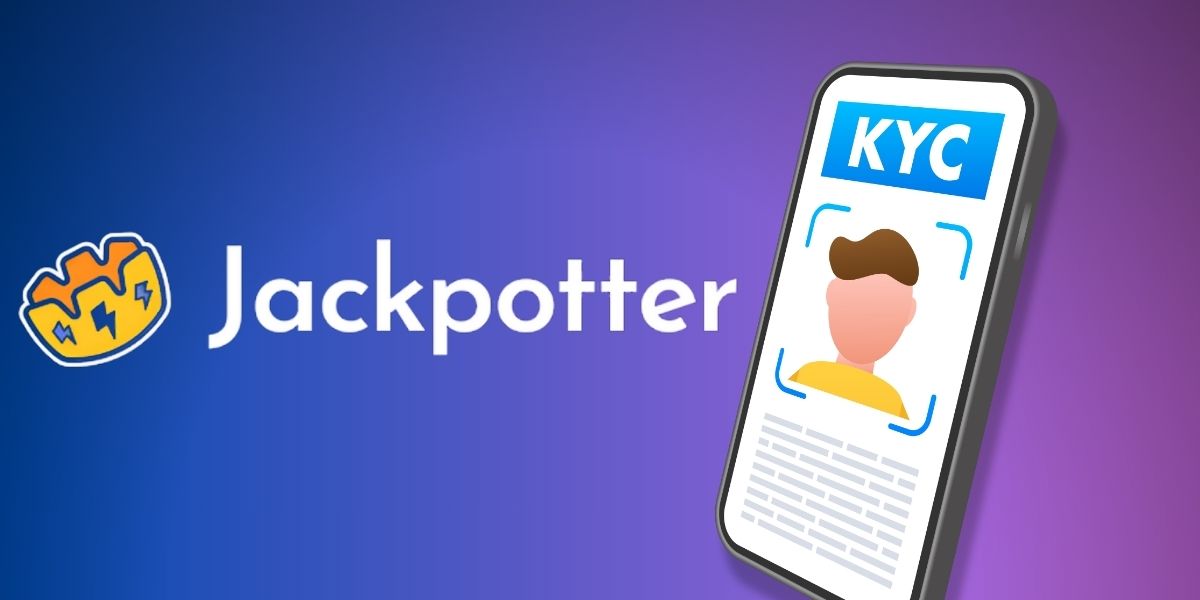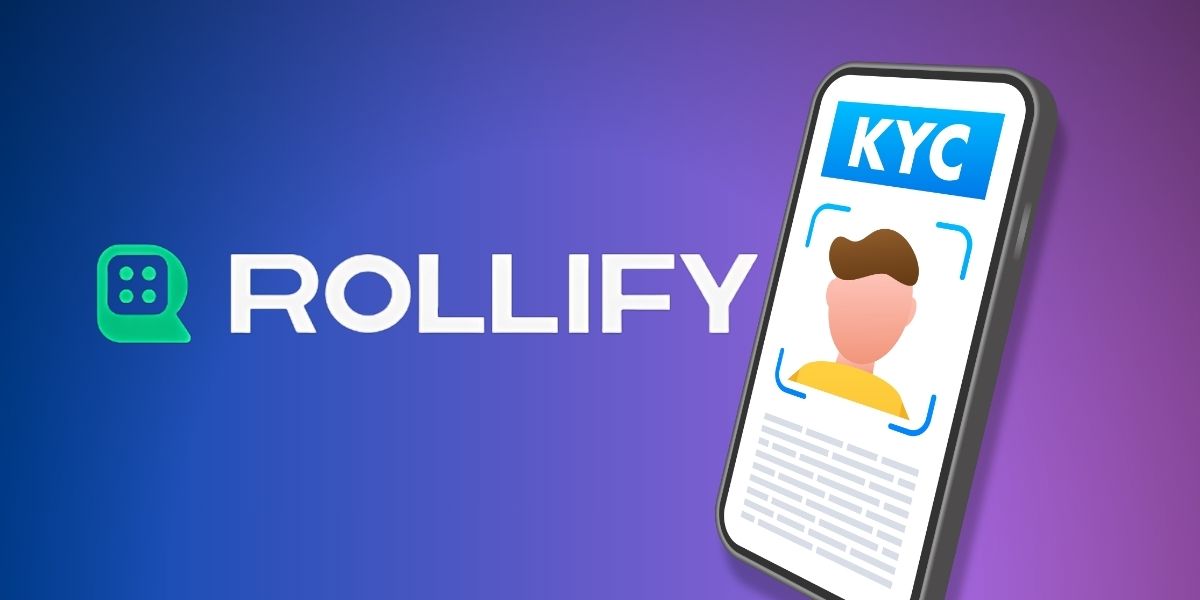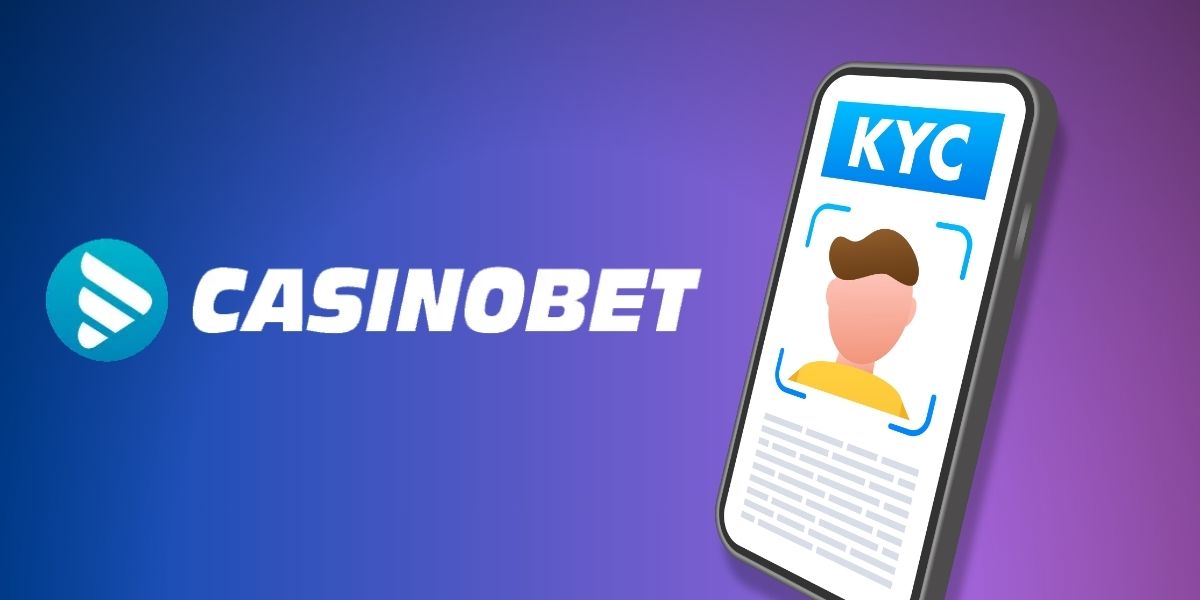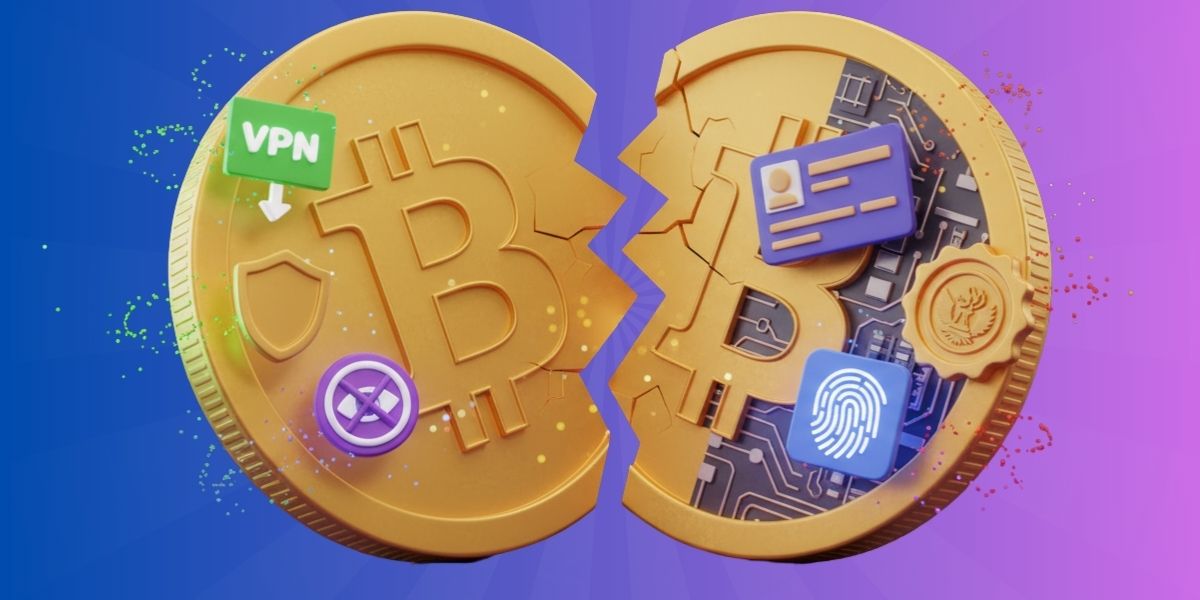
The Privacy vs Compliance debate: how KYC shapes crypto casinos?
When it comes to crypto casinos, privacy vs compliance is one of those delicate topics most players don’t think about – at least not until they hit the wall with a sudden KYC request.
On one side, regulators demand strict identity checks to keep gambling transparent and safe.
On the other, players want the freedom and anonymity that first drew them to crypto gambling.
So where’s the line between fair compliance and unnecessary intrusion?
🔑 Key Takeaways
- Crypto casinos face a growing privacy vs compliance dilemma as regulators tighten KYC rules.
- KYC protects players and operators, but it undermines the anonymous gambling that drew many to crypto.
- Some casinos apply flexible approaches – from full upfront KYC to only verifying big withdrawals.
- Players still have a choice: KYC-first casinos for security or anonymous platforms for freedom.
Why crypto casinos ask for KYC?
The original idea behind crypto casinos was simple – play anonymously without giving away personal details. But there’s a catch.
To keep their licenses, operators have to meet stricter regulatory standards.
A major change in Q3 2024 forced Curaçao-licensed casinos to be more proactive with identity checks, even if it wasn’t their preference.
Take Stake, for example. It’s the most dominant crypto casino, yet it now requires Level 2 KYC before you can even make your first deposit.
The shift shows how compliance pressures are reshaping crypto gambling – privacy is still valued, but it’s no longer guaranteed.
What is the trade-off for players?
KYC in crypto casinos is a classic trade-off – you gain safety and legal protections, but you give up part of your privacy.
For some, that’s a fair exchange.
For others, it undermines the very reason they switched to crypto gambling in the first place.
Here’s a table of the pros and cons.
| Pros | Cons |
| Protects against fraud, scams, and multi-account abuse | Delays withdrawals when document reviews are required |
| Keeps casinos compliant with regulators and payment providers | Forces players to share sensitive data that could be hacked or mishandled |
| Increases trust for high rollers who want guaranteed payouts | Breaks the promise of anonymous play |
The good news? Many anonymous crypto casinos still exist where you won’t face KYC checks – or at least not until bigger withdrawals.
KYC vs No-KYC: When to use
Sometimes, going through KYC makes sense – other times, staying anonymous is the smarter move.
Here are two clear cases where one option beats the other.
KYC-first casinos are better when:
- You’re playing high stakes and want guaranteed payouts
- You value licensed operators and strong legal protection
- You don’t mind trading privacy for security
Anonymous casinos are better when:
- You want quick sign-ups and instant withdrawals
- You’re cautious about sharing personal documents online
- You play casually and prefer freedom over regulation
Future of compliance
The future points toward more regulation, not less. Licensing bodies will continue tightening rules, but technology may soften the impact for players.
For example, the crypto gambling regulations in Europe will be largely impacted by MiCA.
Yet, there are some things to be happy about.
- Automated ID checks are already common – verification takes minutes, not days
- Casinos are introducing AI-driven fraud detection to limit document requests
- More operators may move toward alternative jurisdictions like Anjouan, which remain more relaxed than Curaçao or MGA
So while compliance will become a standard part of crypto gambling, smoother processes and flexible licensing options will keep the industry balanced between privacy and regulation.
Final words
The privacy vs compliance debate won’t end anytime soon. For players, it comes down to a choice – pick a licensed, compliant casino that asks for KYC, or opt for anonymous platforms that sacrifice regulation for freedom.
Either way, knowing what to expect helps you avoid surprises and play with confidence.




